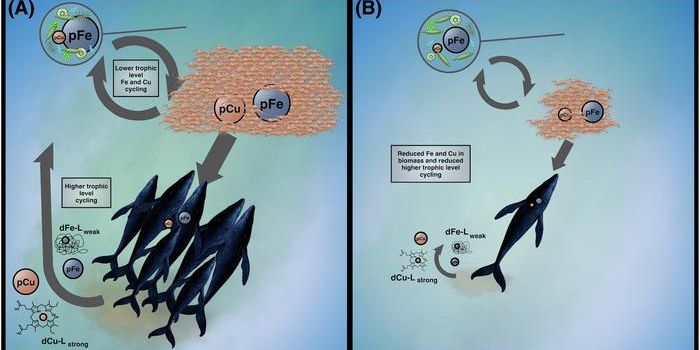Smart sponge selectively absorbs oil
New research published in the journal Industrial Engineering and Chemical Research describes the development of a smart sponge capable of selectively absorbing oil in water. The research comes from scientists at Northwestern University who say that the reusable sponge is capable of soaking up 30 times its weight in oil and has serious implications for oil spill clean-ups.
"Oil spills have devastating and immediate effects on the environment, human health and economy," said lead researcher Vinayak Dravid. "Although many spills are small and may not make the evening news, they are still profoundly invasive to the ecosystem and surrounding community. Our sponge can remediate these spills in a more economic, efficient, and eco-friendly manner than any of the current state-of-the-art solutions."
First author Vikas Nandwana, a senior research associate in Dravid's laboratory, elaborates on the shortcomings of current oil spill clean-up options:
"Each approach has its own drawbacks and none are sustainable solutions," Nandwana said. "Burning increases carbon emissions and dispersants are terribly harmful for marine wildlife. Skimmers don't work in rough waters or with thin layers of oil. And sorbents are not only expensive, but they generate a huge amount of physical waste -- similar to the diaper landfill issue."
The smart sponge fills a gap in addressing these challenges. Made of a nanocomposite coating of magnetic nanostructures and a carbon-based substrate, it is oleophilic (attracts oil), hydrophobic (resists water), and magnetic. These first two features mean that it is able to selectively absorb oil while repelling water. According to Eureka Alert, its magnetic feature means that it has “controlled movement in the presence of an external magnetic field and desorption of adsorbed components, such as oil, in a simulated and remote manner.”
The researchers say that the genius behind this technology is that the multi-functional nanocomposite can be coated onto any cheap, commercially available sponge. In addition to the uses for oil spill clean-up, the team is also developing a smart sponge that can selectively absorb excess dissolved nutrients from fertilizer runoff and agricultural pollution.
"We are excited to introduce such smart sponges as an environmental remediation platform for selectively removing and recovering pollutants present in water, soil and air, such as excess nutrients, heavy metal contaminants, VOC/toxins and others," Nandwana said. "The nanostructure coating can be tailored to selectively adsorb (and later desorb) these pollutants."
Sources: Industrial Engineering and Chemical Research, Eureka Alert









